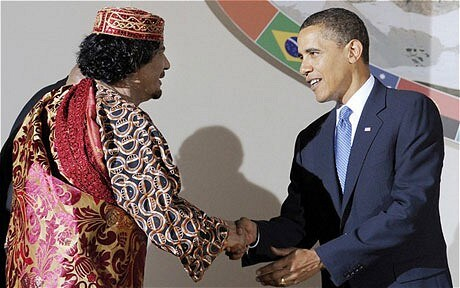The United States government appears to have neglected its responsibility to provide compensation and other forms of redress to Iraqis who endured torture and abuse by US forces at facilities such as Abu Ghraib and other US-run prisons in Iraq, as revealed two decades ago. Despite the ongoing suffering experienced by Iraqi survivors and their families, there is still no clear avenue for them to seek redress or recognition from the US government.
Following the US invasion of Iraq in 2003, approximately 100,000 Iraqis were detained by US and coalition forces between 2003 and 2009. Extensive documentation from organizations like Human Rights Watch has exposed instances of torture and ill-treatment by US forces in Iraq. Survivors have bravely come forward over the years to share their harrowing experiences, yet they have received minimal acknowledgment from the US government and no means of seeking redress. It is crucial to note that prohibitions against torture are absolute under US domestic law, the 1949 Geneva Conventions, the United Nations Convention Against Torture, and customary international law.
Sarah Yager, Washington Director at Human Rights Watch, emphasized, "Twenty years later, Iraqis who suffered at the hands of US personnel continue to face obstacles in seeking compensation or recognition from the US government. US officials have indicated a preference to leave the issue of torture in the past, but the enduring repercussions of these heinous acts continue to impact many Iraqis and their families on a daily basis."

















